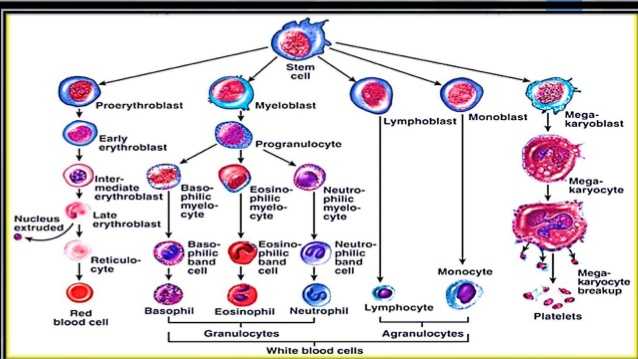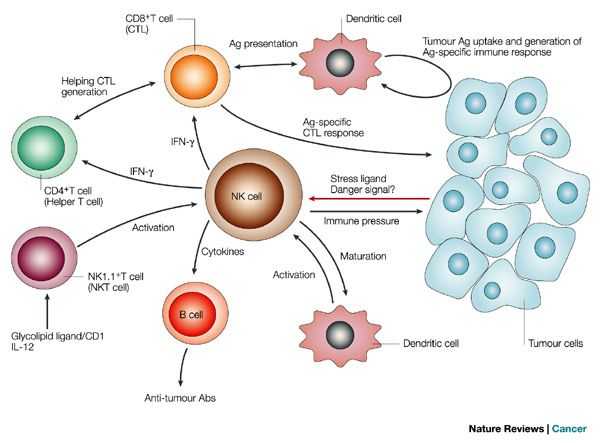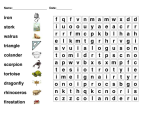Cells Of The Immune System Student Worksheet Answers: A Comprehensive Guide
Are you looking for answers to your Cells of the Immune System worksheet? Look no further! This comprehensive guide covers everything you need to know.
As a student studying the immune system, it is important to understand the different types of cells that make up this complex system. The immune system is responsible for protecting the body from harmful pathogens and diseases, and each type of cell has a specific role in this process. However, it can be difficult to keep track of all the information and concepts presented in class. That’s where Cells of the Immune System Student Worksheet Answers come in.

In this article, we’ll provide a comprehensive guide to the Cells of the Immune System Student Worksheet Answers. We’ll cover the different types of immune cells and their functions, as well as some common questions and answers that you may encounter on your worksheet.
Types of Immune Cells
The immune system is made up of several types of cells, including:
- White Blood Cells
White blood cells, also known as leukocytes, are the primary cells of the immune system. They are responsible for identifying and destroying harmful pathogens that enter the body. - B Cells
B cells are a type of white blood cell that produce antibodies. These antibodies are specific to the pathogen that triggered their production, and they help to neutralize and eliminate the pathogen. - T Cells
T cells are another type of white blood cell that play a key role in the immune response. They help to identify and destroy infected or abnormal cells in the body. - Natural Killer Cells
Natural killer cells are a type of white blood cell that can recognize and destroy infected or abnormal cells without needing to be triggered by a specific antigen.
Common Questions and Answers
Here are some common questions and answers that you may encounter on your Cells of the Immune System worksheet:
- What is the role of B cells in the immune system?
B cells produce antibodies that are specific to the pathogen that triggered their production. These antibodies help to neutralize and eliminate the pathogen.

- What is the role of T cells in the immune system?
T cells help to identify and destroy infected or abnormal cells in the body.
- What is the difference between B cells and T cells?
B cells produce antibodies, while T cells identify and destroy infected or abnormal cells.

Conclusion
Understanding the cells of the immune system is essential for any student studying immunology. The Cells of the Immune System Student Worksheet Answers can be a valuable tool for reviewing and reinforcing the concepts presented in class. In this article, we’ve provided a comprehensive guide to the different types of immune cells and their functions, as well as some common questions and answers that you may encounter on your worksheet. We hope that this guide has been helpful in your studies and that you feel more confident in your knowledge of the immune system.
It’s important to note that the immune system is incredibly complex, and there are many more types of immune cells and processes involved in the immune response. However, by understanding the basics of the different types of immune cells and their functions, you can build a strong foundation for further learning.
When completing your Cells of the Immune System worksheet, it’s important to take your time and ensure that you fully understand each concept before moving on to the next. Don’t be afraid to ask your teacher or classmates for help if you’re struggling with a particular question or concept.
Additionally, you may find it helpful to create flashcards or other study aids to help you memorize important information. There are also many online resources, such as interactive quizzes and games, that can help you reinforce your knowledge of the immune system.
In conclusion, the Cells of the Immune System Student Worksheet Answers provide a valuable tool for students studying immunology. By understanding the different types of immune cells and their functions, you can gain a better understanding of the immune system and its role in protecting the body from disease. We hope that this comprehensive guide has been helpful in your studies and that you feel more confident in your knowledge of the immune system.





